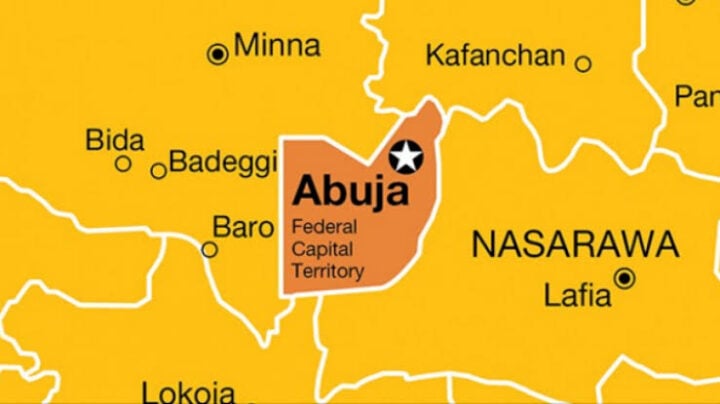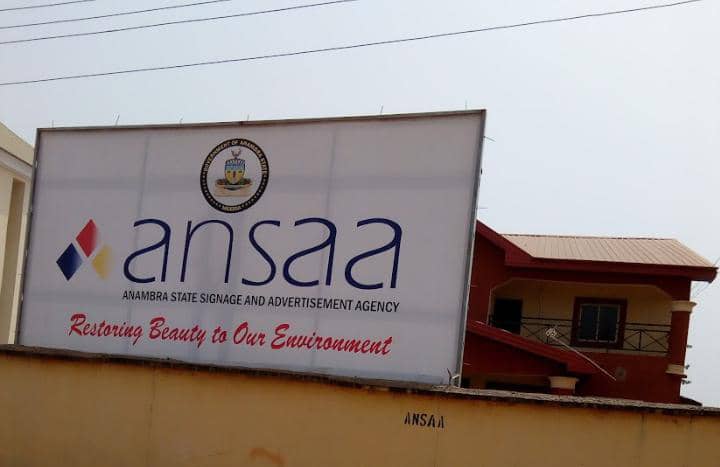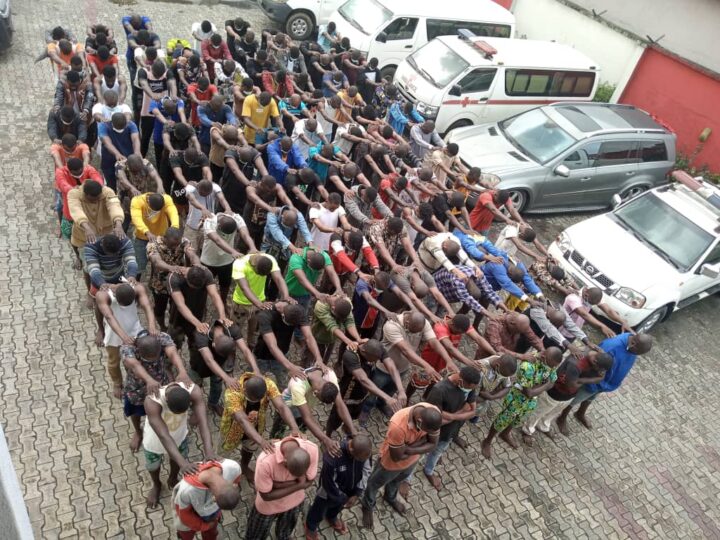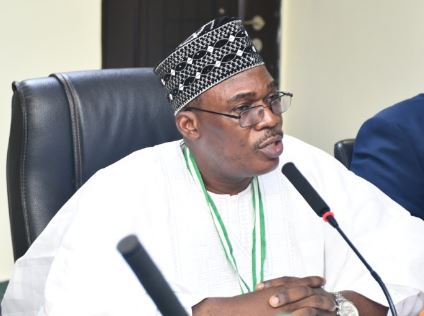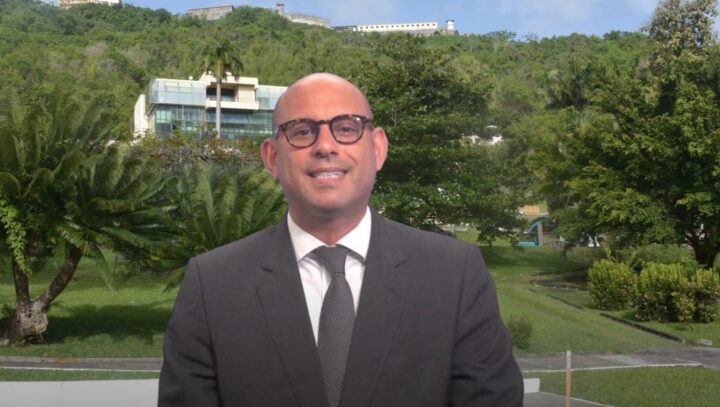A group, identified as the ‘FCT Original Inhabitants’, has asked President Muhammadu Buhari and the national assembly to set up a framework that will lead to their “recognition and integration”.
Members of the group, who identified themselves as indigenes of the federal capital territory (FCT), spoke at an event jointly organised by the Resource Centre for Human Rights and Civil Education (CHRICED) and the Original Inhabitants With Disabilities Multipurpose Cooperative Society, to mark the 2022 international day of the World’s Indigenous Peoples.
The International day of the World’s Indigenous Peoples is celebrated every August 9.
According to a communique issued after the event and signed by Ibrahim Zikirullahi, executive director of CHRICED, Lazarus Nyalolo of the FCT Original Inhabitants, Journalists for Democratic Rights (JODER), among other stakeholders, the FCT indigenes said they have been subjected to “cultural, economic and political exclusion” since 1976 when Abuja was named the nation’s capital.
Advertisement
The indigenes, who represented Bassa, Koro, Ebira, Gbwari, Ganagana, Nupe and other communities, also said immediate actions should be taken to prevent the “existential threats” they are facing “from various dimensions”.
“We call on President Muhammadu Buhari, the national assembly and the Federal Capital Development Authority (FCTA) to listen to our cries,” the communique reads.
“We have been neglected by various governments. It is time to pay attention to the needs of the indigenous peoples in Abuja.
Advertisement
“Aware that the Original Peoples of the Federal Capital Territory (FCT) are indigenous to their territories, their ancestral land which they have lived for centuries. That they own the land; the land is their livelihood, their dignity and pride. They have cultivated the land which is their greatest material and spiritual asset.
“In 1976, the history of the original people of FCT was deconstructed with the movement of the federal capital from Lagos to Abuja by the military government. The movement led to dramatic changes in the sociology, the land ownership, control and management effected through the military decree 6, all of which affect the past, present and future of FCT indigenous peoples.
“The indigenous peoples in the FCT are nine ethnic groups with their own culture and civilisations that continue to face existential threats from various dimensions.”
In their recommendations to the presidency and the national assembly, the group said they want their rights to “be viewed in the context of the national question which demands immediate resolution”.
Advertisement
“The original peoples of the FCT should be integrated into the local and national framework of economic, political and social development,” they added.
They also resolved to develop a national network of indigenous peoples, which would focus on driving the “peaceful demands for the resolution of grey areas that undermine the rights of indigenous peoples in the FCT and in Nigeria”.
The group also said FCT indigenes “want integration and not resettlement”, and urged the government “to return all occupied spiritual sites or pay compensation where necessary”.
In recent years, the indigenous inhabitants of the FCT have been protesting the alleged takeover of their ancestral lands for infrastructural purposes without getting adequate compensation.
Advertisement
Meanwhile, in January, a bill seeking to create a board to oversee the compensation and resettlement of indigenes in FCT passed second reading at the house of representatives.
Advertisement
Add a comment
